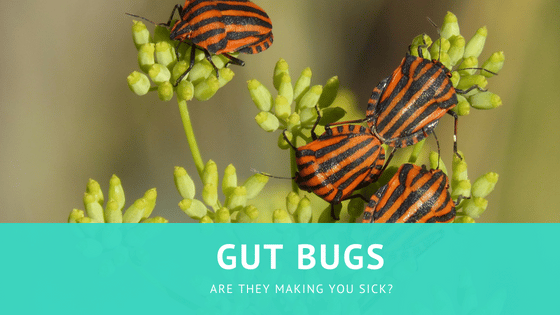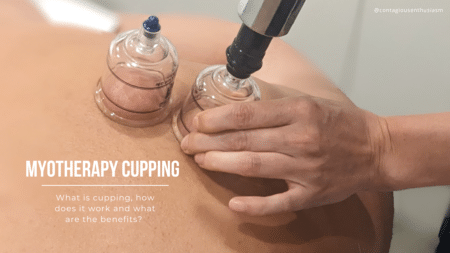Pregnancy

Why see a Naturopath during pregnancy?
Pregnancy is such a special time of excitement and anticipation as your baby grows. It can also be plagued by overwhelm and anxiety as you are faced with so many decisions to make and questions around diet, supplementation, lifestyle and exercise. All you want is the very best for yourself and your growing family, and this is where seeing a Naturopath comes in. Consulting a Naturopath helps to ensure that you have a healthy and happy pregnancy, optimising the likelihood of good outcomes for both yourself and your baby.
Pregnancy brings with it very high nutritional demands and each trimester has its challenges from morning sickness and fatigue, to thrush, varicose veins and constipation. A Naturopath can help take any uncertainty out of the equation by offering a listening ear, support and advice around optimal nutrition for you and your growing babe, making sure you are replete in all of the important nutrients for pregnancy, and offering natural solutions for any uncomfortable symptoms and health issues that may crop up.
The benefit of seeing a Naturopath is they look at you as a whole person, not just a sum of parts, and offer a holistic approach to your health and healing.
The premise of Naturopathy is to harness the healing powers of nature, to find and treat the cause whenever possible (not only the symptoms), to treat the whole person, education and prevention, and to first do no harm. The tools used within a Naturopathy session can include herbal medicine, nutritional medicine, vitamin and mineral supplementation, pathology testing, and flower essences.
Seeing a Naturopath during pregnancy is an investment in the wellbeing of both yourself and your baby, so that you can move with grace and certainty through this exciting time of transition, and simply relax and enjoy the miracle that it is.






